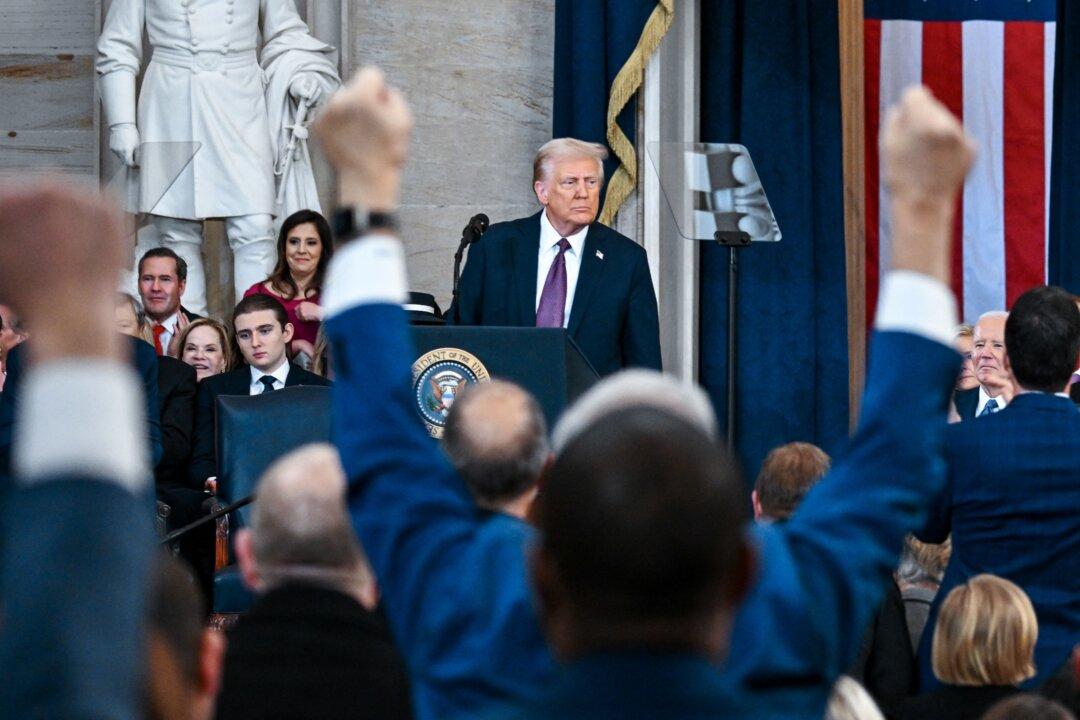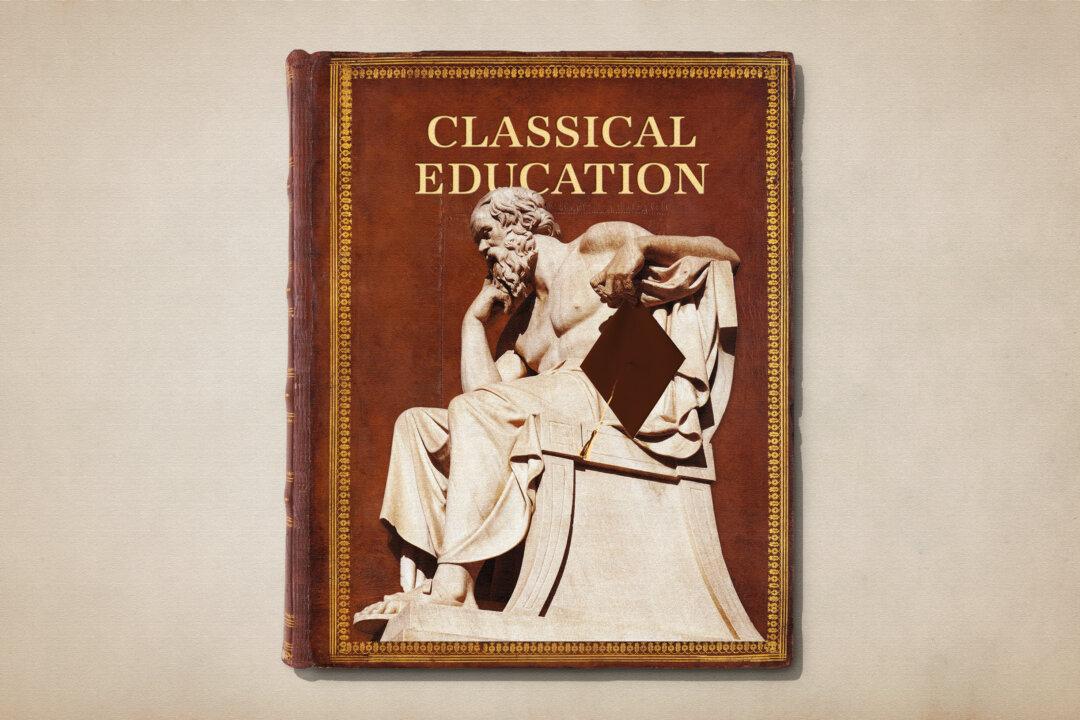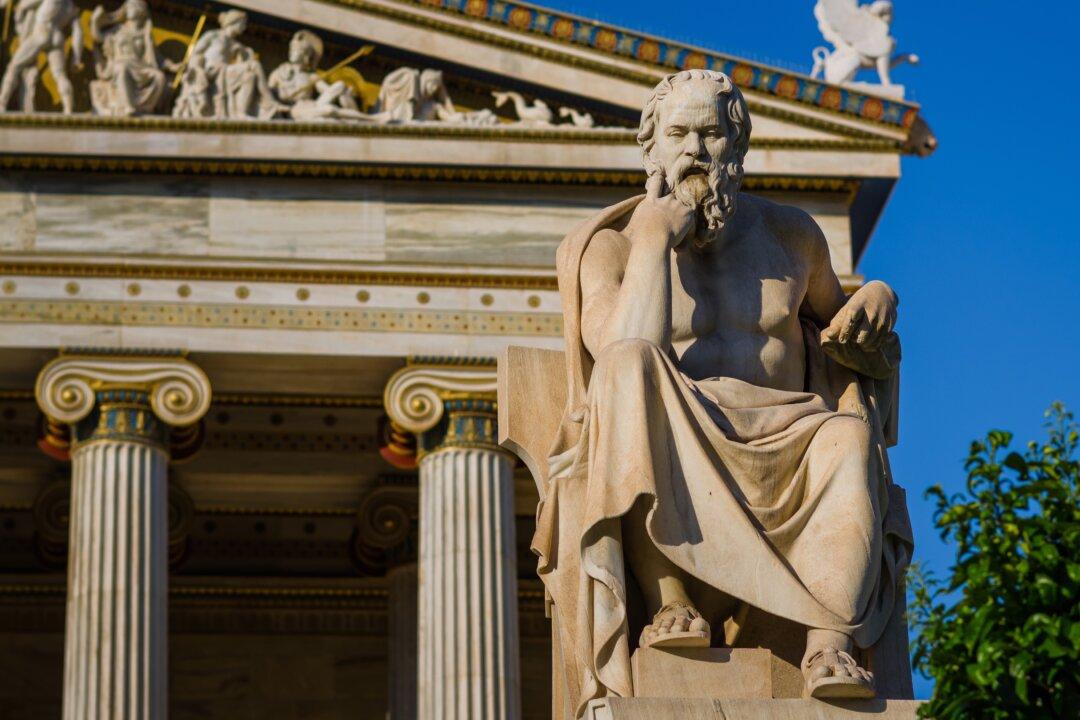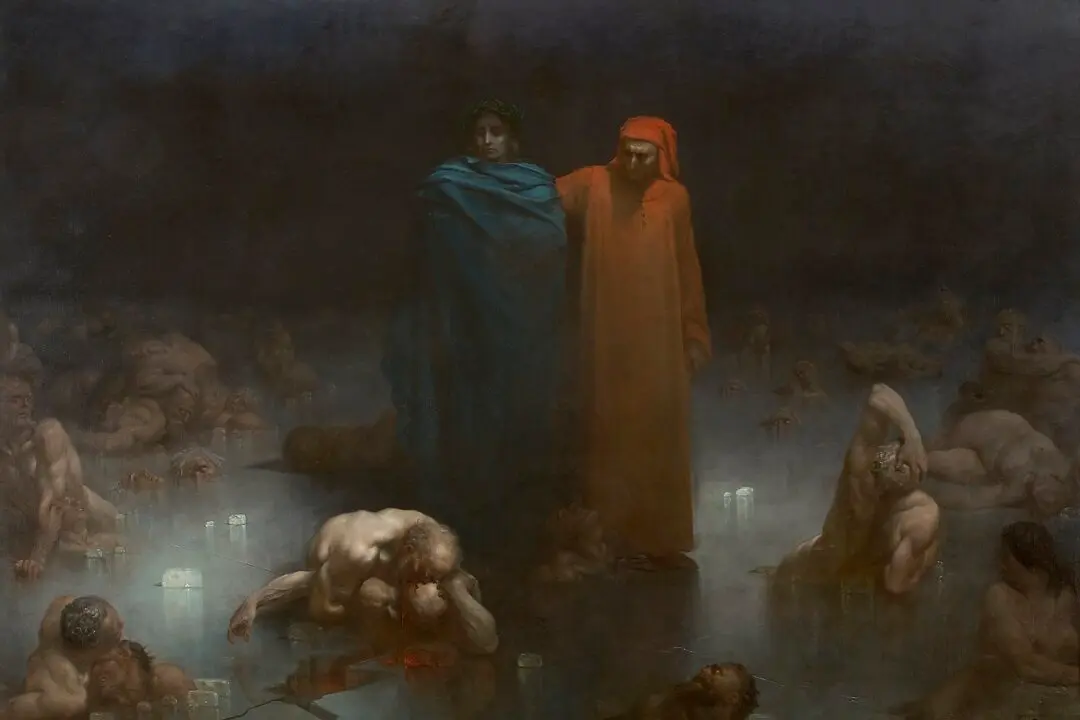Commentary
There are a few single terms in the history of the U.S. presidency that left the country in a sour mood. We’ve had lots of partisan rancor with each election, of course, 2020 being one of the worst examples. I mean, instead, those times when people across the political spectrum felt dissatisfied, pessimistic, or aggrieved, when liberals and conservatives both gazed at their country and frowned, although for different reasons. They might blame the other side for causing this or that problem, but a nebulous malaise had spread widely enough to transcend party and faction. Everyone was down, the whole country afflicted. That’s why one president lost and another came along to revive the shaky body politic.





